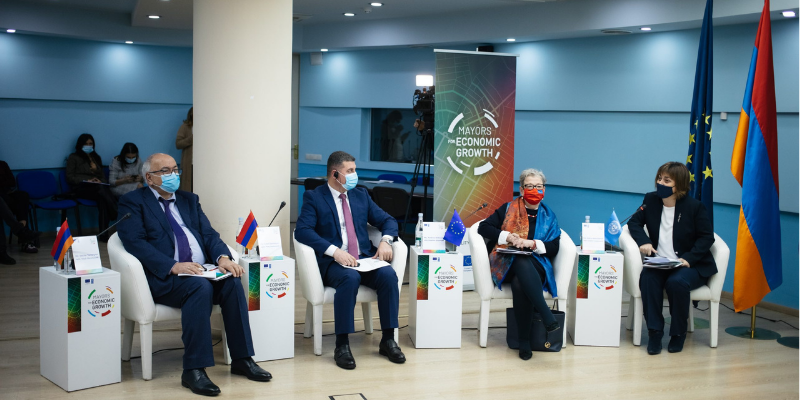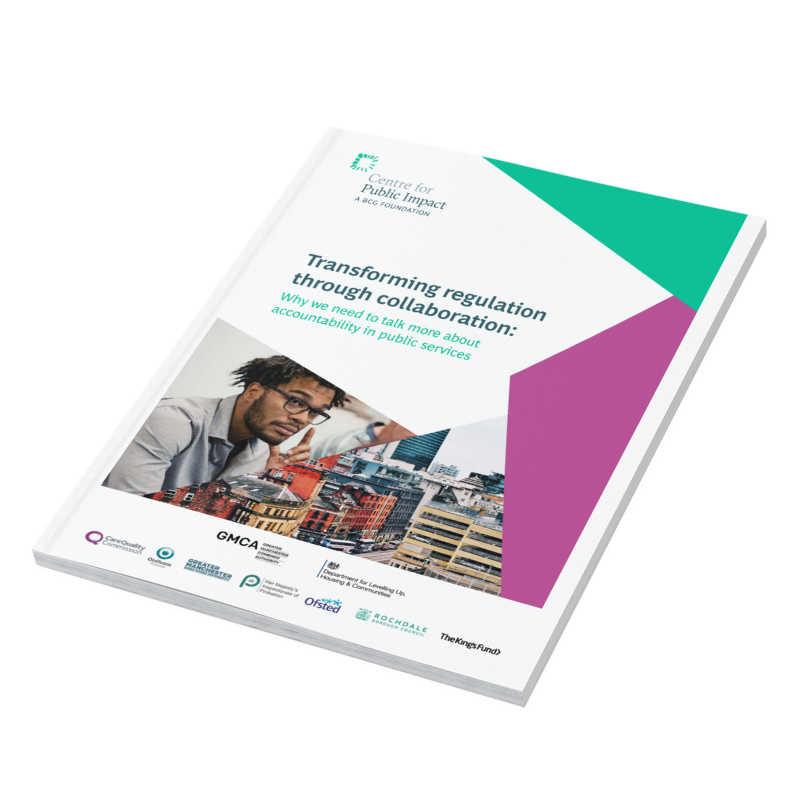
Pathways Through Liberation
Reimagining Survivors' Support Journeys Outside of the UK National Referral Mechanism

What we did
The University of Nottingham’s Rights Lab has been working with survivors of modern slavery to understand, document, and share their experiences of receiving support through the UK’s National Referral Mechanism (NRM) - a framework for identifying and referring potential victims of modern slavery and ensuring they receive the appropriate support.
The Centre for Public Impact supported the Rights Lab with workshops to make sense of research findings and bring survivors and practitioners together to design alternative approaches to the current NRM system.
What we heard
Survivors and practitioners convened to reimagine the NRM, focusing on empowering survivors through addressing issues like negligence, consent, support structures, and fair treatment. The discussions emphasised improving support systems, reducing decision wait times, recognising survivor skills, and minimising time wastage in services. These themes underscored the call for significant policy and service changes to better meet survivors' needs and rights.

Co-designing a new support pathway for survivors
When given the opportunity to co-design the ideal support journey a survivor receives, practitioners and survivors emphasised the following:
-
Humane treatment, dignity, and respect for survivors.
-
Creating healing spaces, empowering survivors, and equipping them with tools for their journey forward.
-

Importance of safety, to prevent re-exploitation.
-
Education and awareness raising.
Imagining a survivor-centred support system
The identified needs and essential components necessary for a comprehensive survivor-centred support system were central to these discussions.
Key themes included:
Role of institutions
Institutions and organisations, including NGOs, legal aid agencies, mental health practitioners, and law enforcement, have a crucial role.
Collaboration
Collaboration between these entities across the system is pivotal for effective support delivery.
Legislative and policy change
Improvements in immigration policies, right to work, and improved access to legal aid are critical to the survivor support journey.
Effective support structures
Structural and informal systems, particularly grassroots community organisations' cultural insights, and transparent communication, are fundamental in building supportive structures.
Support phases for survivors
Survivors and practitioners created fundamental support phases for survivors entering the new survivor-centred support system. These phases included:
Immediate safety
Ensuring immediate safety and wellbeing by providing urgent medical and legal assistance upon entering the support system.
Skills development
Empowering individuals through educational opportunities, skills development, and continuous support.
Tailored transition support
Developing tailored assistance packages that include accommodation options and mental health resources.
These systems aim to provide compassionate treatment, implement systemic reforms, enact fairer legal frameworks, and deliver comprehensive care. Ultimately, the goal of the systems should be to safeguard the wellbeing and empowerment of individuals who have endured exploitation and trafficking experiences.
What does good support look like?
We wanted to learn more about safe and healthy support for those who participated in the co-design sessions with practitioners and policymakers. To do this, CPI hosted a digital animation workshop for survivors of modern slavery. This allowed folks to build digital animation skills, while crafting a story around what good support looks like for them. Survivors focused on the importance of community, family, and public awareness in good support, and built videos demonstrating these support systems.
What we learned
Survivor-centred support systems are vital to providing just, holistic, and safe support to survivors of modern slavery. Our workshops provided space for practitioners and survivors to imagine new pathways for support. Yet this is just the beginning. To address the challenges faced by survivors of modern slavery, we need to go further in reimagining established systems, and promoting adaptive, inclusive, and practical approaches.
Related work

Reimagining city life
Urban Imaginaries is a learning journey supporting cities across Eastern Europe and Central Asia to develop solutions to their most pressing urban challenges, co-designed and delivered with the United Nations Development Programme (UNDP), thanks to the support of the European Union.

Improving public services through regulation
Supporting Greater Manchester Combined Authority and regulatory and inspection partners to design more collaborative ways of working together to improve public services for those who experience multiple disadvantage.

Learning to listen again
Backed by the National Lottery Community Fund, we partnered with Changing Lives to explore a trust-based approach to listening and sensemaking with seldom heard voices to understand how deep listening can be built into everyday public and voluntary sector practice.
Explore more

Read the report
Want to find out more about this work? Read the Pathways to Liberation: A policy report, from the University of Nottingham Rights Lab.

National referral mechanism
The National Referral Mechanism is a framework for identifying and referring potential victims of modern slavery and ensuring they receive the appropriate support.

Pathways through Liberation
Find out more about the work the University of Nottingham Rights Lab is doing to improve support for survivors of modern slavery.
Get in touch
More questions about our approach? Get in touch and let's have a conversation.
Join the conversation
Are you exploring how government can be better?
If you’re looking for inspiration and examples of government innovation, or interested to learn how the current models of government are evolving to shape a new future, that embraces complexity, values relationships and prioritises learning, then we want to hear from you.
Get in touch to share your story.


